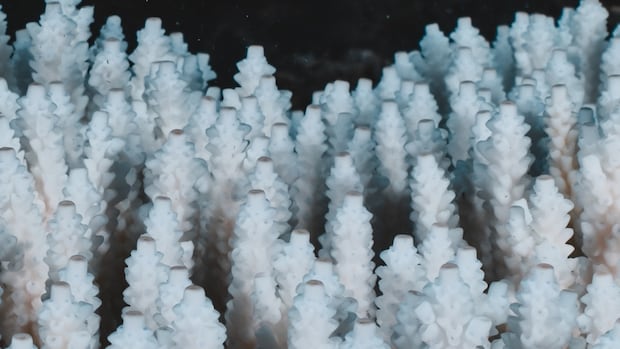
Coral reefs across the globe have experienced extensive bleaching due to record-high ocean temperatures, according to a report by the International Coral Reef Initiative. The phenomenon, triggered by sustained heat stress, has caused vibrant coral ecosystems to lose their color and vitality, turning “ghostly white.”
Bleaching occurs when corals, stressed by heat, expel the symbiotic algae that provide them with energy and color. Without these algae, corals are more vulnerable to disease and can eventually die if the stressful conditions persist.
Despite the severity of the current bleaching event, scientists emphasize that the reefs are not beyond saving. Many corals can recover if ocean temperatures stabilize and other stress factors—such as pollution, overfishing, and harmful coastal development—are mitigated.
Researchers are calling for urgent global efforts to reduce greenhouse gas emissions and improve local reef management. The restoration and protection of coral ecosystems are critical, as reefs support marine biodiversity, provide food security, and protect coastlines from erosion and storm surges.
With immediate and sustained intervention, experts believe coral reefs have a chance to bounce back from this crisis.
Source: https:// – Courtesy of the original publisher.






